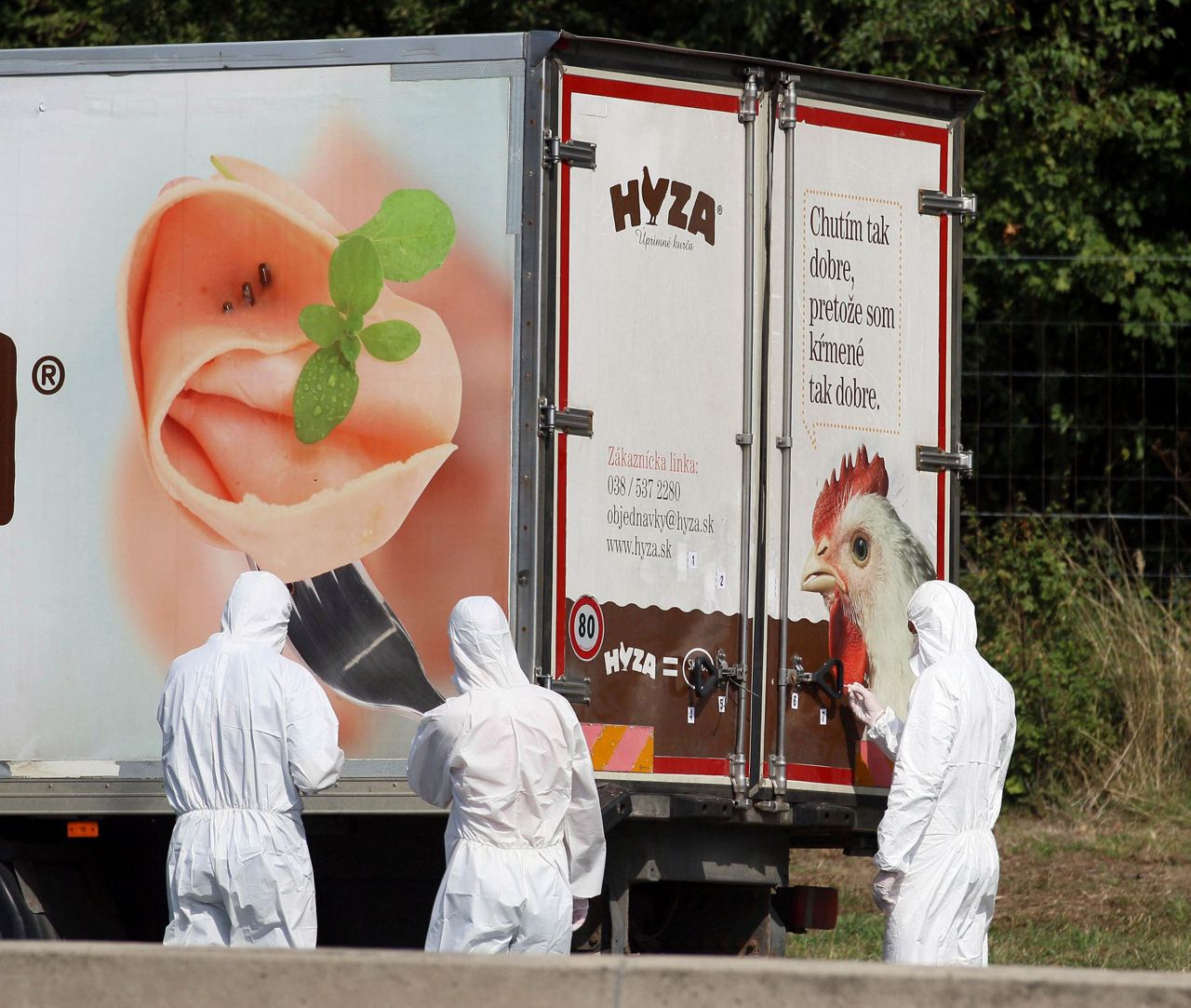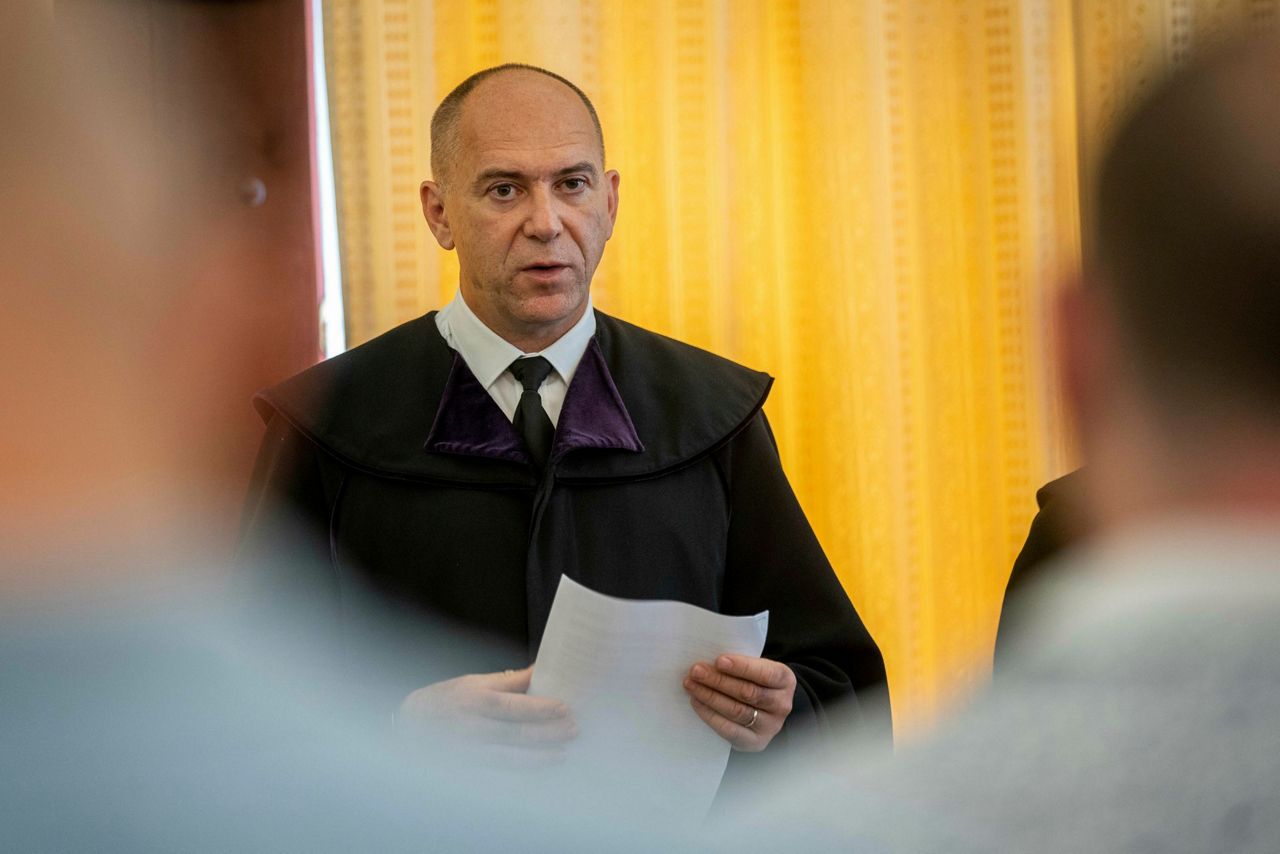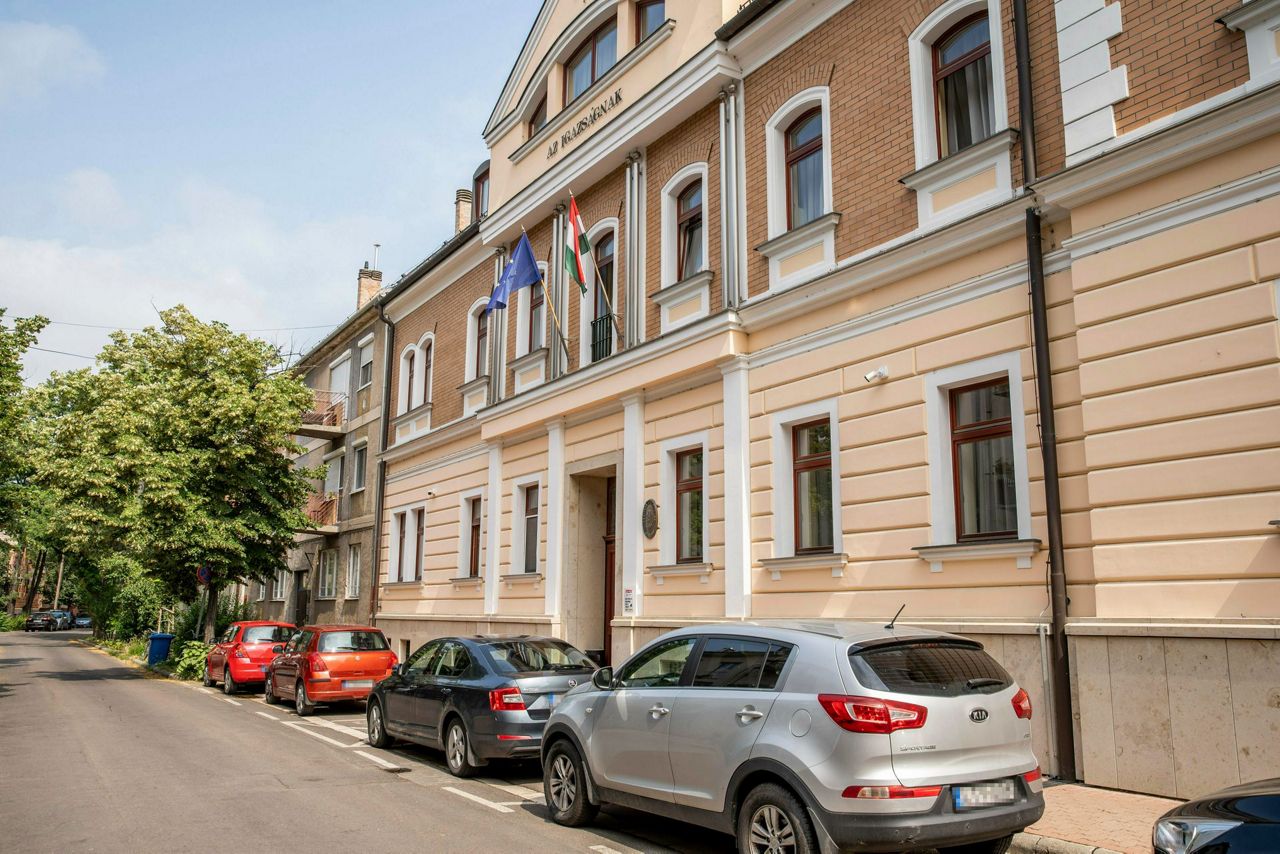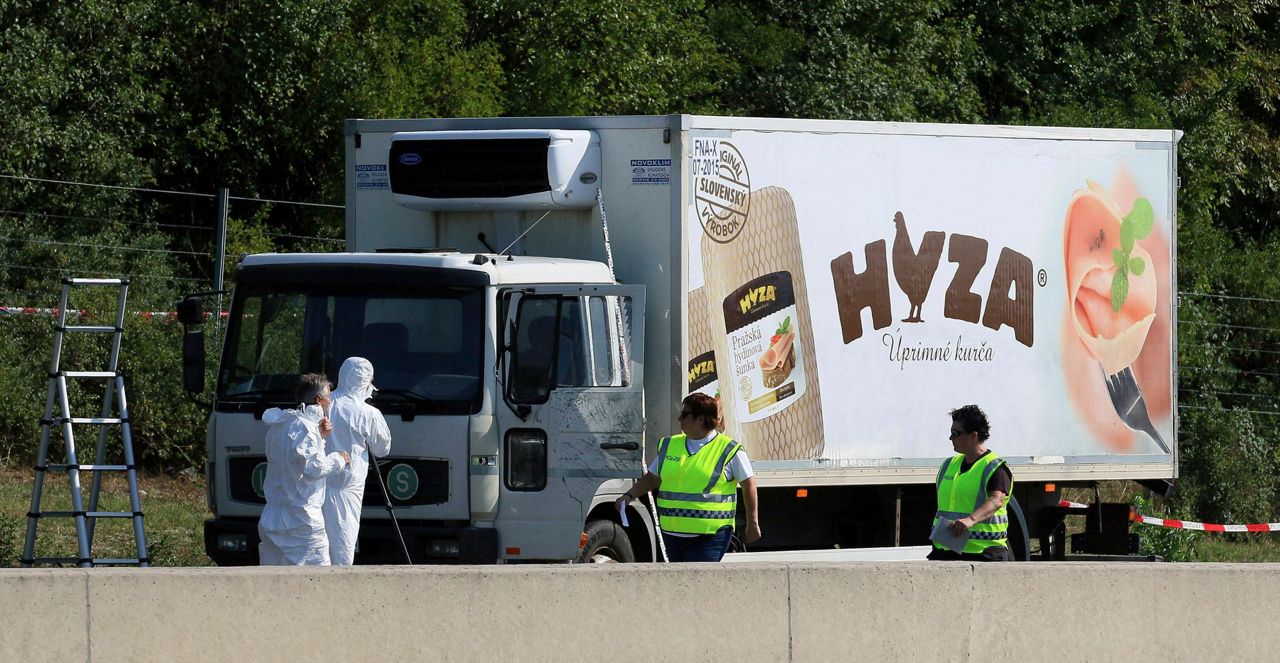BUDAPEST, Hungary (AP) — A Hungarian court has extended the prison sentences of four human traffickers convicted last year for their roles in a 2015 incident in which 71 migrants suffocated in the back of a refrigerated truck found on a highway in Austria.
According to Thursday's decision by an appeals court in the southern city of Szeged, an Afghan man and two Bulgarian accomplices were sentenced to life in prison without the possibility of parole, while another Bulgarian man may request his release after 30 years in prison.
A year ago, all four had been given 25-year sentences for belonging to a criminal organization and committing multiple crimes, including human smuggling and manslaughter.
Ten other defendants, mostly Bulgarians, were given prison terms ranging between four and 12 years.
Fifty-nine men, eight women and four children from Syria, Iraq and Afghanistan suffocated in the back of a refrigerated truck with Hungarian license plates. The truck was found abandoned in the emergency lane of a highway near Parndorf, Austria, close to the Hungarian border, on Aug. 27, 2015.
The migrants had boarded the truck near the village of Morahalom, at Hungary's southern border with Serbia, before heading toward Austria. According to prosecutors, the 71 victims "suffocated in horrendous conditions three hours after the departure," while still in Hungary.
Judge Erik Mezolaki said that the "horror" that took place in the truck was "unimaginable."
"Seven-one people died a painful death in the truck's cargo box," the judge said while announcing the ruling. "They lived through having their relatives, children and acquaintances die one after the other next to them while facing the unavoidable fact that this is the fate that awaits them, too."
"Just because for the human traffickers it was more important to avoid getting caught than the lives of 71 people," he added.
Some 400,000 migrants and refugees passed through Hungary in 2015 on their way to Germany and other destinations in Western Europe. The migrant flow was diverted and slowed in part by razor-wire fences built on the southern borders late that year by the government of Prime Minister Viktor Orban.
Copyright 2019 The Associated Press. All rights reserved. This material may not be published, broadcast, rewritten or redistributed.






